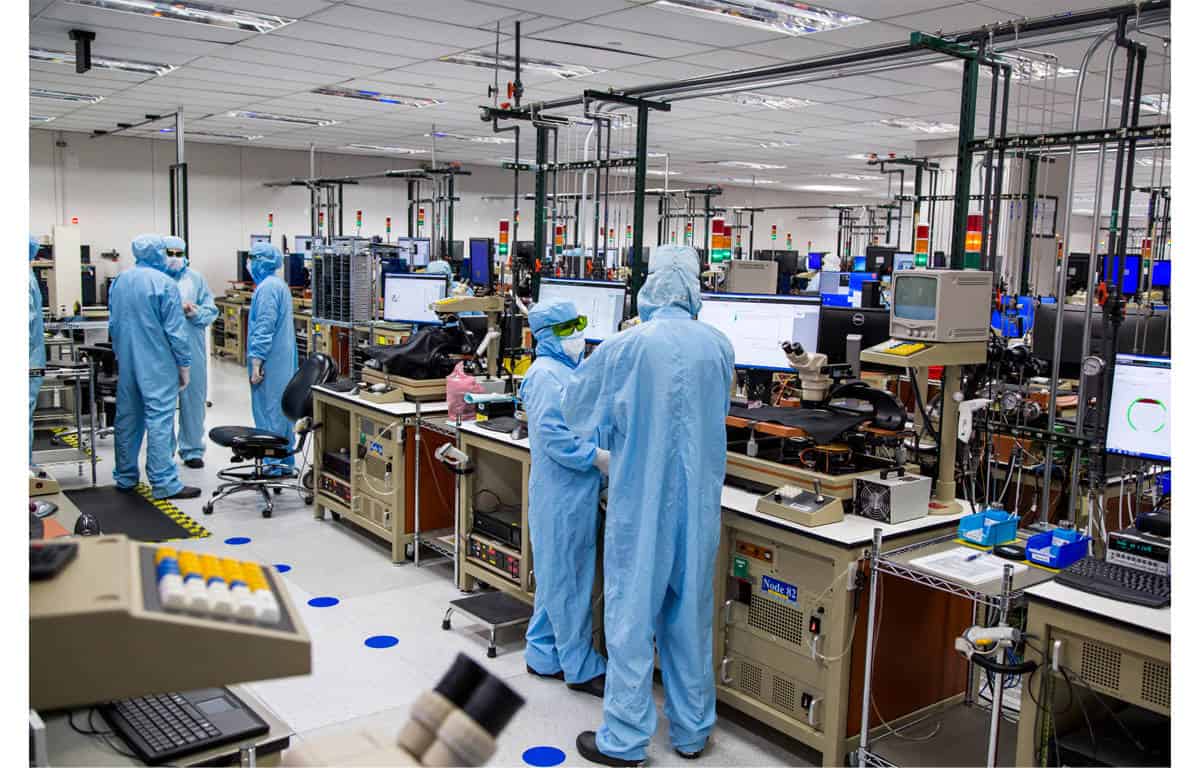Apple is planning to shift its iPhone production workforce to an automated process, according to a new report from The Information. Allegedly, Apple has instructed its managers to cut the number of workers on iPhone production or assembly workers by “as much as 50% over the next few years.”
Historically, Apple has long relied on international workers, such as those working at Foxconn, to keep the iPhone on schedule for its annual release. And Apple has learned a few lessons along the way. In 2020, during the global pandemic, disruptions in the supply chain put Apple in a tight spot. Two years later, in 2022, Apple faced yet another obstacle when a riot erupted among workers at Foxconn’s factory in China.
In response, Sabih Khan, Apple’s senior vice president of operations, is finally onto something. Khan issued directives to slash the iPhone production workforce by half in the coming years. The decision pushed Apple to restart automation projects that were paused because they cost too much.
Since then, Apple has invested heavily in automation, which seems to have helped make the iPhone 15. Of course, Apple may be trying to rely less on the workforce, which should help keep things running smoothly despite problems worldwide and issues within the company.
The report lists several companies Apple acquired to automate tasks, including Canadian AI startup DarwinAI. It also bought Drishti, which monitors assembly line videos to find problems quickly. Apple wanted to use robots for putting iPhone parts together this year for the upcoming iPhone 16, but it stopped because of its low success rate.
While Apple might have its own reasons for automating manufacturing and assembly processes, whether it prefers machines or humans, it’s likely to have a significant impact on many workers overseas.
